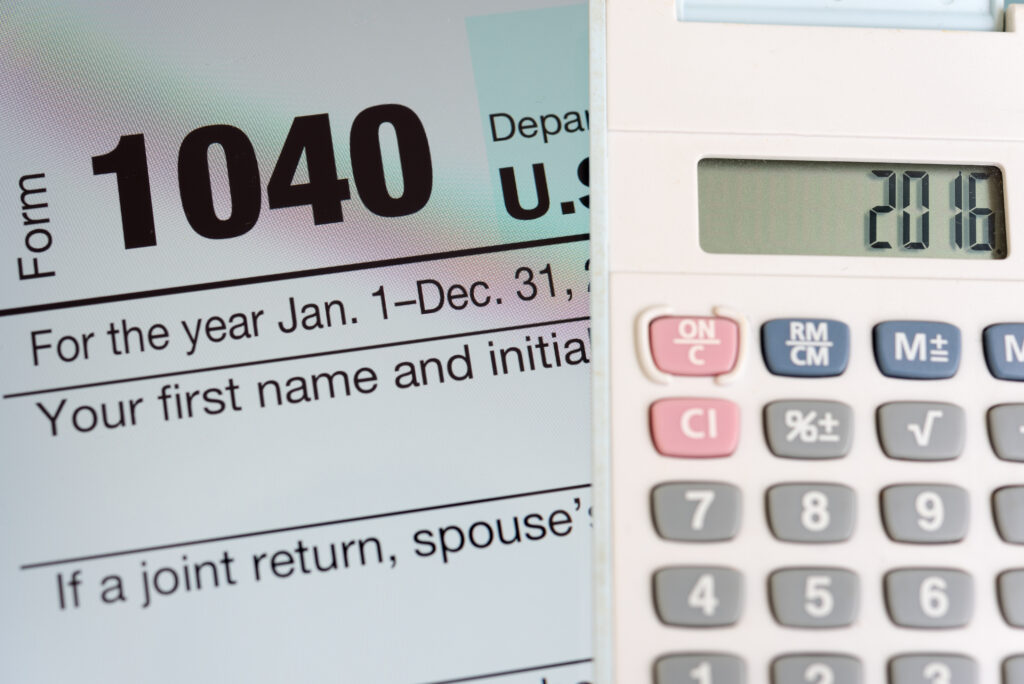It’s often said that the only two certainties in life are death and taxes. However, there’s a silver lining—taxes are only collectible for a certain period. The IRS Collection Statute of Limitations is a crucial component of tax law that often puzzles both taxpayers and professionals. This statute defines the period within which the IRS can pursue unpaid taxes. While it provides a layer of protection for taxpayers, understanding its intricacies requires a sophisticated approach. Let’s explore what the IRS Collection Statute of Limitations entails, its implications for taxpayers, and strategies to navigate this complex legal framework effectively. Whether you’re dealing with old tax debts or planning for the future, being informed can make a significant difference.

What is the Collection Statute of Limitations for the IRS?
The IRS Collection Statute of Limitations, detailed in Section 6502 of the Internal Revenue Code, sets the period during which the IRS can collect unpaid taxes. Typically, this statute grants the IRS ten years from the date of assessment to collect the owed taxes. Understanding this timeline is crucial for taxpayers facing IRS collections, as it can impact financial planning and resolution strategies. However, certain actions by the taxpayer or the IRS can extend this period, making it essential to stay informed and proactive in addressing tax debts.

How Long Does the IRS Collection Statute of Limitations Last?
The IRS has a 10-year statute of limitations for tax collections, starting when the IRS first assesses your tax liabilities. This means the IRS cannot collect tax debt that is older than 10 years. It’s important to note that the first IRS notice you receive is not necessarily when your liabilities are assessed. Specifically, there is a Collection Statute Expiration Date (CSED), which represents the final day the IRS can pursue the collection of tax debt. Once the CSED passes, the IRS cannot legally pursue your tax debt, effectively making it disappear. Knowing your CSED can help you manage and strategize your tax obligations more effectively.
To locate your CSED, you can calculate 10 years from the date listed on your Notice of Federal Tax Lien. You can also request a transcript of your IRS account to find the date your liability was assessed and filed. However, be aware that certain actions can delay the statute of limitations, extending your CSED. Actions like filing for bankruptcy, submitting an offer in compromise, or leaving the country for an extended period can all pause the clock. Keeping track of these factors ensures you have a clear understanding of your tax liability timeline.

What Actions Can Extend a Collection Statute Expiration Date (CSED)?
Several qualifying events can extend a Collection Statute Expiration Date (CSED), including the following.
Filing for Bankruptcy
When someone files for bankruptcy, the Collection Statute of Limitations is usually paused or suspended throughout the bankruptcy process. The IRS will hold off on the statute of limitations from the date of filing until the court makes a decision. The CSED will remain suspended for an additional six months after the conclusion of the bankruptcy. It is crucial to consult a tax professional when considering bankruptcy, as it can have significant implications on your tax obligations.
Residing Overseas
Living abroad can impact the Collection Statute Expiration Date (CSED). If you reside outside the U.S. for six consecutive months or more, the IRS will pause the statute of limitations. This suspension could extend for six months after you return to the U.S. This is especially significant for expatriates and those working internationally. Make sure to understand how extended foreign residency might affect your tax obligations.
Applying for an IRS Installment Agreement
The IRS will pause the statute of limitations while it reviews your installment agreement application. If the agreement is rejected, the CSED will continue to be suspended for an additional 30 days. This is also the case if your installment agreement defaults. If you appeal your rejection, the CSED will remain suspended until a decision is final. It’s beneficial to work closely with a tax advisor during this process to increase the likelihood of approval.
Requesting Innocent Spouse Relief
When a taxpayer applies for Innocent Spouse Relief, the Collection Statute Expiration Date (CSED) is usually paused during the IRS’s review of the claim. This pause, however, is only applicable to the spouse seeking relief. The IRS will extend the CSED until either you receive a waiver or the 90-day petition period ends, whichever comes first. If you choose to appeal the tax court’s decision, the statute of limitations will remain suspended until a final decision is reached. In any of these situations, the IRS will also add an additional 60 days to the CSED. Understanding the eligibility criteria and the process for requesting Innocent Spouse Relief is crucial.
Submitting an Offer in Compromise
When you submit an Offer in Compromise (OIC) to the IRS, the Collection Statute Expiration Date (CSED) is usually put on hold for the entire period while your offer is being reviewed, which can take several months or even longer. The suspension ends once a decision is made. If your offer is rejected, the suspension of your CSED continues for an additional 30 days. An OIC can be an effective way to settle tax debt, but it demands thorough preparation and proper documentation.
Military Deferment
A military deferment can also have implications for the Collection Statute Expiration Date. The IRS will suspend the statute of limitations while you are in military service and for an extra 270 days following your service. If you serve in a combat zone, the CSED will be suspended for up to 180 days after military service. Military personnel should stay informed about these provisions to manage their tax obligations effectively while serving.
Requesting a Collection Due Process (CDP) Hearing
When a taxpayer requests a CDP hearing, the IRS generally suspends the CSED. The IRS will pause the statute of limitations while it reviews your request to stop a levy or remove a lien until a determination is made or until you withdraw your request. Additionally, if there are less than 90 days left in collections when a final decision is made, the IRS will extend the CSED 90 more days. A CDP hearing provides an opportunity to dispute IRS collection actions and should be pursued with the assistance of a tax professional.
Facing a Lawsuit from the IRS
While this event rarely happens, the IRS will pause the statute of limitations during court proceedings. This suspension ensures that the IRS has adequate time to resolve the legal case. If you find yourself in this situation, it’s essential to seek legal advice immediately to understand your rights and obligations.

Is It Possible to Ignore My Tax Debt Until the IRS Collection Statute Expires?
You might be tempted to wait out the IRS collection statute of limitations. However, this strategy is generally not recommended since it would mean ignoring your growing tax bill and IRS notices. Under these circumstances, simple actions like getting a job, purchasing a home, registering a vehicle, and operating a business would be very difficult. Avoiding the IRS can lead to severe consequences, including wage garnishments, bank levies, and additional penalties. Working with the IRS will typically be your best option, but doing so alone can be tedious, intimidating, and stressful. Working with a credible and experienced tax relief company can help save time, money, and stress. Optima Tax Relief has over a decade of experience helping taxpayers get back on track with their tax debt. Their team of professionals can negotiate with the IRS on your behalf, providing you with peace of mind and a clear path to financial stability.
Conclusion
Navigating the complexities of the IRS Collection Statute of Limitations can be challenging, but understanding the timeline and actions that can extend it is crucial for effective tax planning and debt resolution. While you might be tempted to wait out the IRS collection statute, this strategy is generally not advisable due to the severe consequences of ignoring your tax obligations. Simple actions like securing a job, purchasing a home, or registering a vehicle can become incredibly difficult, and avoiding the IRS can lead to wage garnishments, bank levies, and additional penalties.
Working with the IRS directly can be a daunting and stressful process, which is why seeking professional assistance is often the best route. Tax Resolution Services of Hawaii can provide you with the expertise and support needed to navigate this complex legal framework. Their team of experienced professionals can negotiate with the IRS on your behalf, saving you time, money, and stress. By working with a credible and reliable tax relief company, you can achieve peace of mind and a clear path to financial stability.

